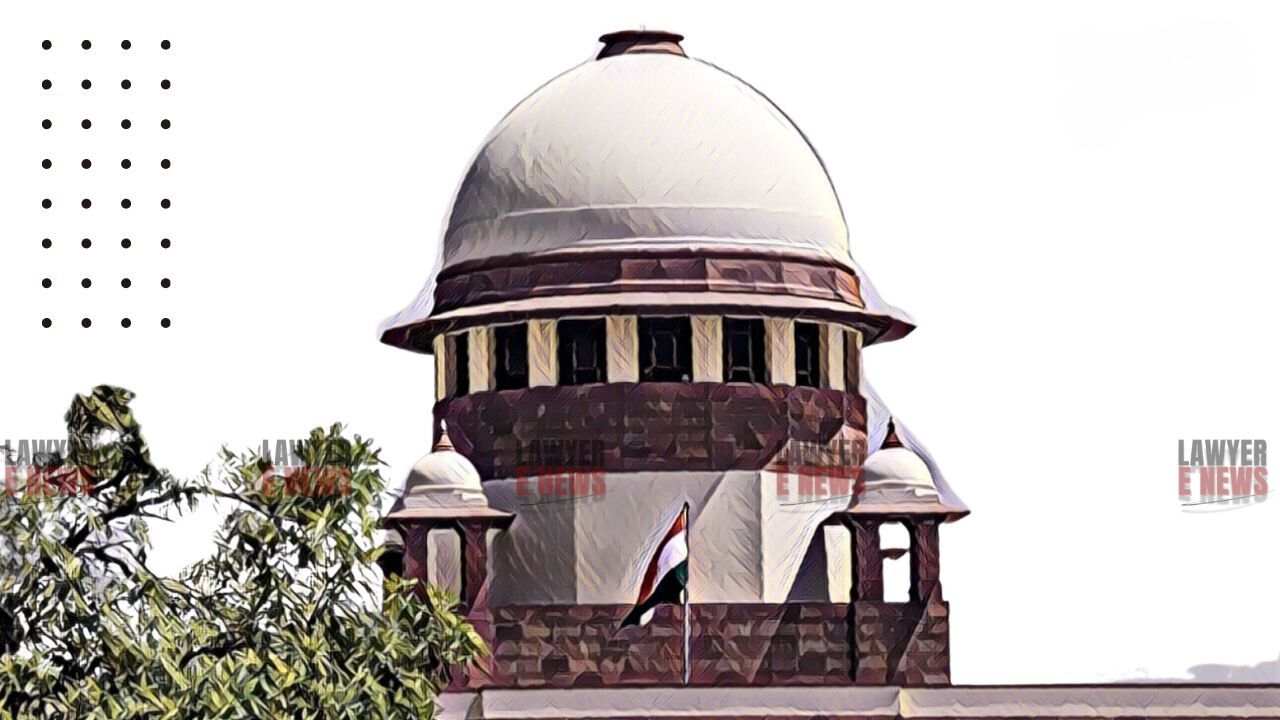-
by Admin
15 February 2026 5:35 AM



The Constitution is a living document... the inclusion of the terms 'secular' and 'socialist' aligns with India's evolving interpretation of constitutional principles," observed the Supreme Court.
On November 25, 2024, the Supreme Court of India dismissed writ petitions challenging the inclusion of the words "secular" and "socialist" in the Preamble to the Constitution via the Constitution (Forty-Second Amendment) Act, 1976. The Court ruled that the amendments are constitutionally valid, emphasizing the Parliament's authority to amend the Preamble under Article 368 of the Constitution.
The petitioners contested the validity of inserting "socialist" and "secular" into the Preamble, arguing that the amendment was retrospective, undermined the intent of the framers of the Constitution, and fettered economic policy choices. They also challenged its legitimacy, claiming it was passed during the Emergency period when democratic processes were compromised.
The writ petitions, filed in 2020—44 years after the amendment—sought to strike down the changes, asserting that the original Preamble reflected the will of the people as expressed in 1949. They argued that the Constituent Assembly had deliberately excluded these terms, especially "secular," which was seen as ambiguous at the time.
The Court observed that while the terms "secular" and "socialist" were absent in the original Preamble, their essence is embedded in the Constitution. Referring to earlier landmark rulings, such as Kesavananda Bharati v. State of Kerala and S.R. Bommai v. Union of India, the Court reiterated that secularism is a basic feature of the Constitution.
On Secularism: The Court stated, "Secularism in the Indian context is the State's commitment to ensure equal respect for all religions, abstaining from favoring or discriminating against any faith." It emphasized Articles 14, 15, 16, and 25-30, which safeguard individual freedoms and prohibit religious discrimination.
On Socialism: The term "socialist," the Court clarified, signifies India's goal of achieving social and economic justice, without mandating adherence to any specific economic model. "The Constitution embraces a mixed economy model, ensuring welfare without impeding private enterprise," it noted.
The Court dismissed the challenge, underscoring that the power to amend the Constitution, including its Preamble, lies within the scope of Article 368. It rejected the retrospective application argument, stating, "The date of adoption does not curtail or restrict the power under Article 368." The inclusion of "secular" and "socialist" reflects India's evolution in interpreting constitutional ideals, aligning with its democratic and pluralistic ethos.
The Court also remarked that the delay of over four decades in raising this challenge rendered it untenable. "The terms 'secular' and 'socialist' have been widely accepted and understood by the people of India," the judgment stated, dismissing the petitions without issuing further notices.
The petitions were deemed a futile academic exercise. The Court concluded, "The circumstances do not warrant an exhaustive examination, as the constitutional position remains unambiguous."
The Supreme Court's ruling reaffirms the validity of amendments made during the Emergency period, emphasizing that the Constitution is a dynamic framework adaptable to the changing needs of society. The judgment reiterates the significance of secularism and socialism as integral to India's constitutional identity.
Date of Decision: November 25, 2024
